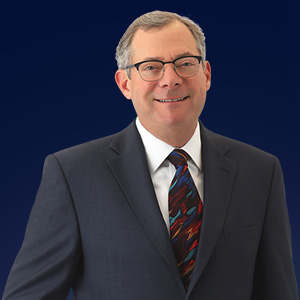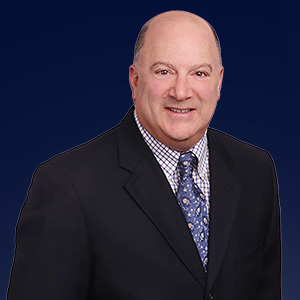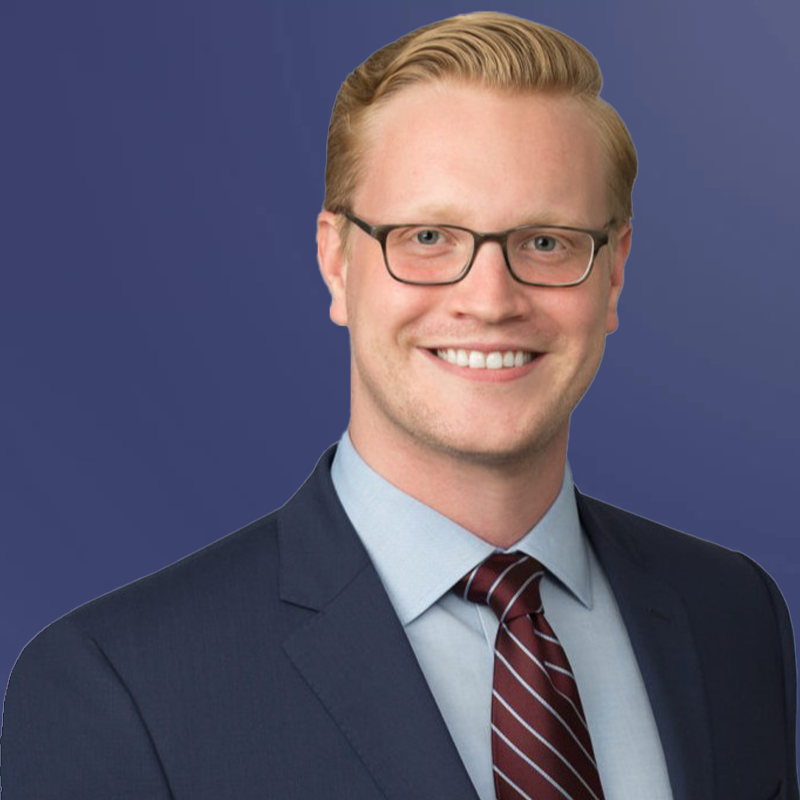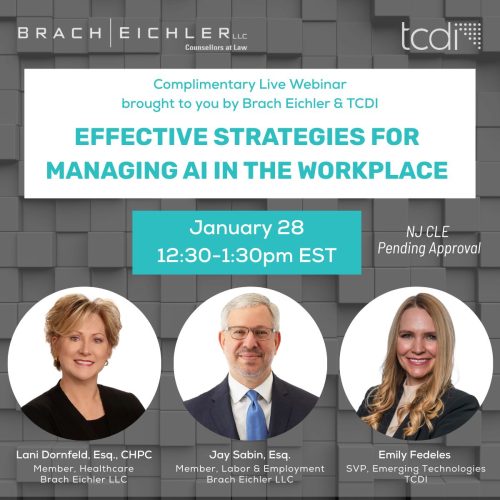New Jersey Supreme Court Rejects Hospital Challenge to Charity Care Program

9/1/2025
In a unanimous decision issued on July 16, 2025, the New Jersey Supreme Court ruled that the State’s statutory charity care program, which requires hospitals to treat indigent patients regardless of their ability to pay, does not constitute an unconstitutional taking on hospitals, even those serving a disproportionate share of low-income patients. The State’s charity care law provides that a hospital may not deny any admission or appropriate service to a patient on the basis of that patient’s ability to pay or source of payment, and hospitals that violate this requirement face a $10,000 fine per violation.
Related Practices: Healthcare Law
Related Attorney: John D. Fanburg, Richard B. Robins, Andrew M. Kuder
Related Industry: Healthcare















